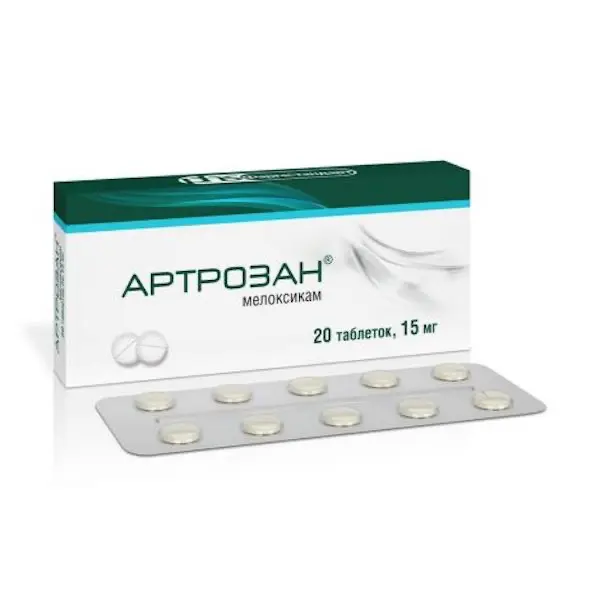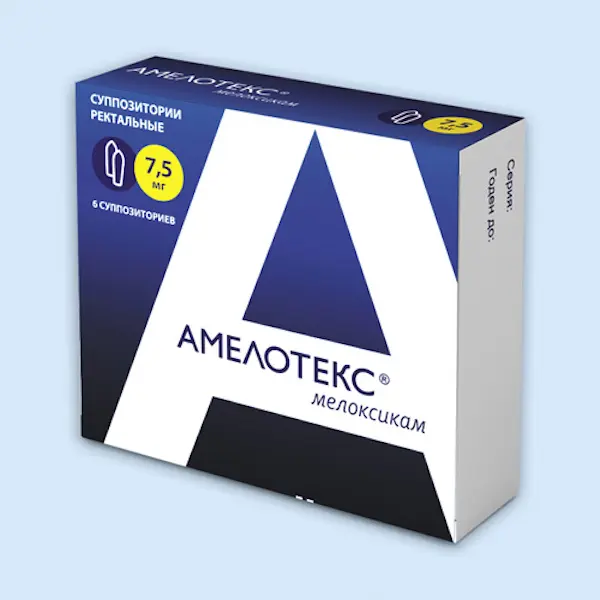Description
Trimedat Forte Pharmacodynamics
Trimebutine, acting on encephalinergic system of intestine, is a regulator of its peristalsis. Acting on peripheral ?-, µ- and ? receptors, including those located directly on the smooth muscles throughout the gastrointestinal tract (GIT), it regulates motility without affecting the central nervous system. Thus, trimebutine restores normal physiological activity of the intestinal muscles in various GI diseases associated with motility disorders.
Normalizing visceral sensitivity, trimebutine provides analgesic effect in abdominal pain syndrome.
Indications
Asymptomatic treatment of pain, abdominal cramps and discomfort, bloating (flatulence), bowel motor disorders with a change in stool frequency (diarrhea or constipation), dyspepsia, heartburn, belching, nausea, vomiting, associated with functional diseases of the gastrointestinal tract and biliary tract (non-erosive form of gastroesophageal reflux disease; cholelithiasis; biliary tract dysfunction; irritable bowel syndrome; Oddi sphincter dysfunction, postcholecystectomy syndrome).
Postoperative paralytic ileus.
Contraindications .
Hypersensitivity to the components that make up the drug.
Pregnancy.
Childhood under 12 years (for this dosage form).
Caution:
Trimedat® forte should be used with caution during breastfeeding, since there is no data on its ability to penetrate into the breast milk.
Pregnancy and lactation:
No data on teratogenicity and embryotoxicity of the drug were found in experimental studies. Nevertheless, due to lack of necessary clinical data, Trimedat® forte is contraindicated during pregnancy.
It is not recommended to prescribe Trimedat® forte during lactation due to the lack of reliable clinical data confirming the safety of the drug during this period. If it is necessary to apply the drug during lactation, breast-feeding should be stopped.
Directions for use and dosages
Orally. Adults and children over 12 years: 1 tablet 2 times a day (12 hours interval). The course of treatment of abdominal pain associated with functional diseases of the digestive tract and biliary tract – 28 days.





